LVMH returned to growth in the third quarter, even as its critical fashion and leather goods business remained under pressure. The division’s revenue fell 2 percent in the period, as the owner of Louis Vuitton and Dior struggled to pull its luxury brands out of a long-running industry-wide decline.
Overall, LVMH’s revenue advanced 1 percent in the third quarter to hit €18.3 billion ($21.2 billion), marking the luxury giant’s first period of growth since the start of its fiscal year. Performance remained modest across divisions, with retail, which is powered by Sephora, enjoying the strongest growth at 7 percent.
Revenue at the fashion and leather goods business, which accounts for about half of the company’s total, fell to €8.5 billion, though its performance was better than expected. A consensus estimate compiled by Bloomberg News had forecast a 3.5 percent drop. The vertical’s modest 2 percent drop in the third quarter is a marked improvement after a 9 percent fall in the second quarter and a 5 percent decline in the first quarter.
The improving results offer some cheer for the rest of the industry, which has been battling a two-year downturn in the luxury fashion market. LVMH is one of the first luxury companies to report and is considered a benchmark both for its size and the breadth of brands in its portfolio.
Cécile Cabanis, LVMH’s chief financial officer, sought to strike a positive tone on Tuesday, telling analysts on a conference call that the company will continue to invest as it rides out the tough times.
“Often in downward cycles some people tend to cut investments so that they can protect margins; it can work in the short term, it’s probably not the right call for the long term and sustainable performance,” Cabanis said. “So for us, it’s very clear in the cycle, as in all [downturns], we need to continue to make sure that we invest the right amount of focus and money in the brands.”
The French luxury giant is in a period of creative and commercial flux with stablemates Dior, Celine and Givenchy recently revamping their aesthetics under new designers in a bid to reignite demand. Earlier on Tuesday, LVMH named Maria Grazia Chiuri as the new creative director for Fendi.
Cabanis also highlighted other positive market signals. An economic downturn in China that has been a major drag on the sector is “close to stabilisation” with LVMH’s revenue from the country improving and now negative in the low single digits, she said.
“It is still going to take time until we have a rebound in China,” Cabanis said.
The group didn’t address other headwinds facing the sector, including a long-running scandal linking luxury brands’ Italian supply chains to labour exploitation that has embroiled LVMH labels Dior and Loro Piana.
Cabanis declined to comment on LVMH having been named in the will of Giorgio Armani as one of the potential preferred buyers for the Italian fashion house.
Elsewhere, LVMH’s perfumes and cosmetics division, which accounts for about 10 percent of total revenue, saw modest growth of 2 percent. The vertical has weathered the downturn better than most of the rest of the company, with sales increasing in six of the last seven quarters. Only the retail division has done better.
The group’s perfumes and cosmetics were bolstered in the third quarter by its Christian Dior beauty franchises, including newly launched fragrances Miss Dior Essence and Dior Homme and cosmetics in Dior’s Forever and Dior Addict lines.
For analysts, the jury’s still out on where the luxury sector goes from here. The earliest likelihood for a sector turnaround is the second half of next year, UBS analyst Zuzanna Pusz said last week, forecasting a tricky end to the year.
Cabanis said she is encouraged by the improvement seen in all business units, but acknowledged that the fourth quarter “is going to be tougher.” Still, “all in all we are confident while we remain conscious of the macro environment, which is still challenging and continues to be pretty volatile,” she said.
Disclosure: LVMH is part of a group of investors who, together, hold a minority interest in The Business of Fashion. All investors have signed shareholders’ documentation guaranteeing BoF’s complete editorial independence.

